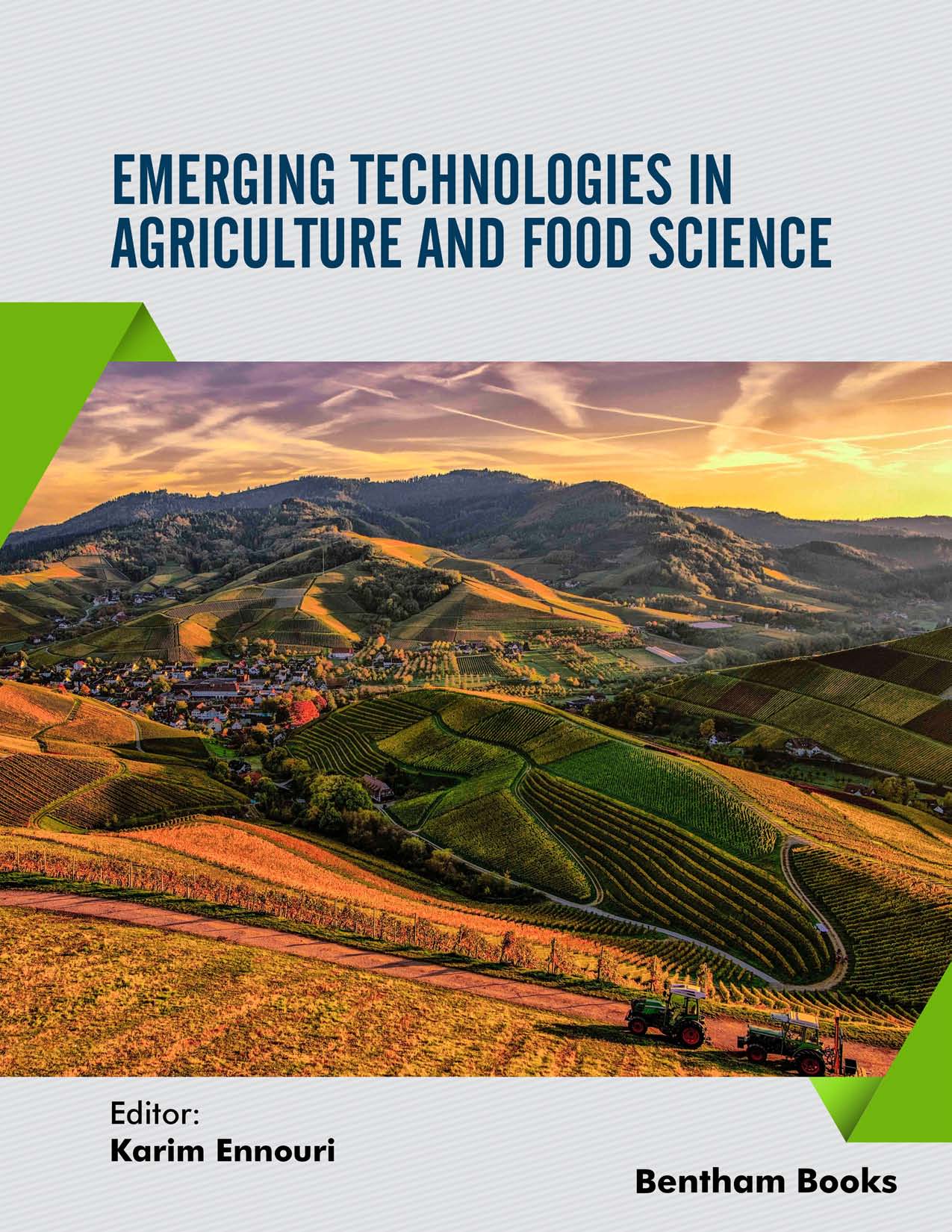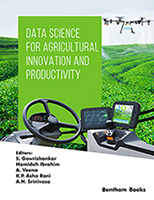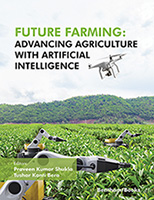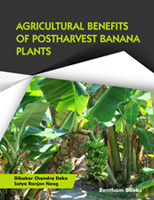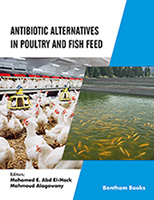Introduction
Cultivators and livestock farmers are increasingly arranging innovative technical and scientific estimations with the aim to enhance agricultural sustainability, effectiveness, and plant health. Innovative farming technologies incorporate biology with smart technology (computers and sensor devices) exchanging information with one another autonomously in a structured farm management system.
This book presents reviews on innovative techniques and methodologies to complement conventional plant control and breeding attempts toward enhancing crop yield and production. Reviews covered in this volume include:
- Active compounds from pomegranate seeds
- Application of Enterococci and their bacteriocins for meat biopreservation
- Technological advancement in the detection and identification of plant pathogens
- Machine learning for precision agriculture
- Use of remote sensing technology and geographic information systems for agriculture and environmental observation
The information presented in this volume will provide helpful updates for students, technology experts and professionals in the food security and sustainable agriculture sectors.

